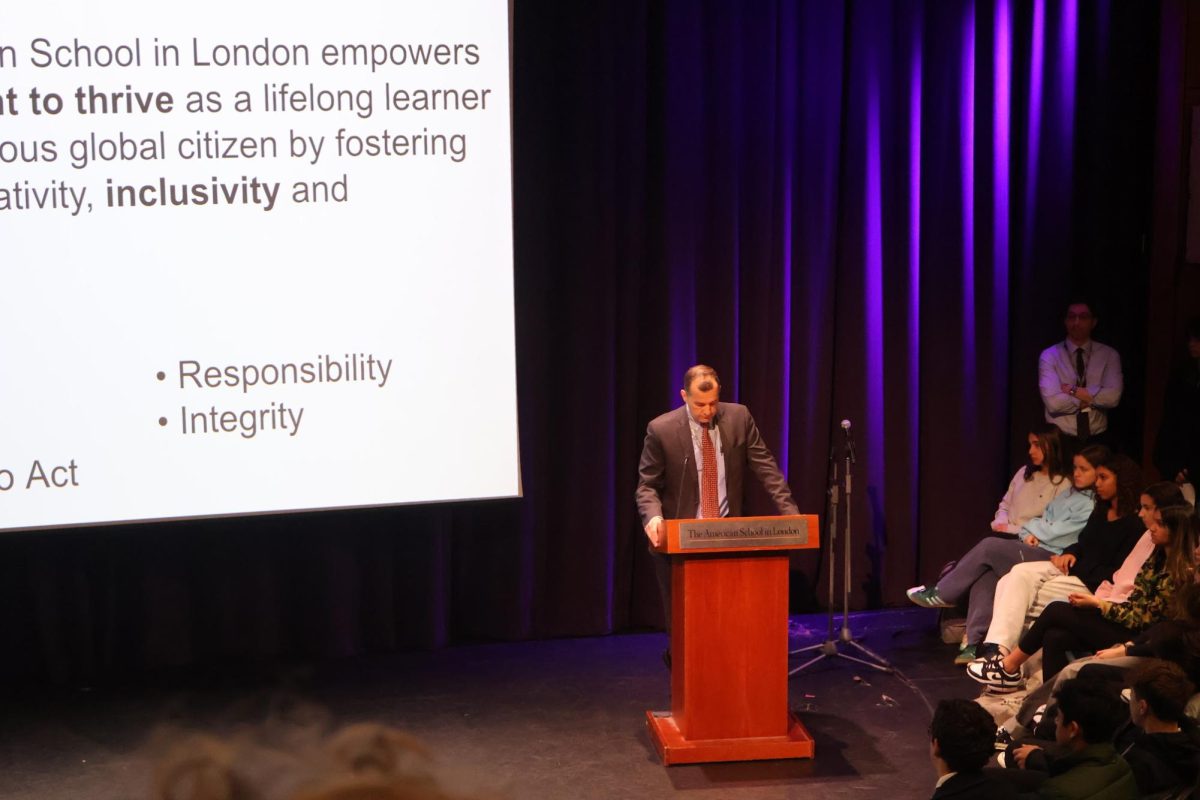This article was co-written by News Editor Lorenzo Maglione and Sports Editor Sourna Daneshvar Jr.
Over the summer, Director of Student Life James Perry and Administrative Assistant Shahira Moola changed the attendance policy for the first time in 12 years.
Although the policy has many changes, Perry identified three significant ones.
The first allows parents until 9 a.m. on a given school day to report a student’s absence, along with a “grace period” until midnight on Sundays to identify the absence as excused. Previously, parents were required to report a student’s absence within 48 hours, or it would be recorded as unexcused.
Limits on class absences were also modified. Formerly, students would not receive credit for a course if they missed 10 percent of their classes due to unexcused absences, or 25 percent due to excused absences. Now, credit for a course is determined by total absences, regardless of the reason, with 15 percent as the threshold.
Absences pertaining to class credit exclude school sponsored trips such as robotics, music tour or sporting events.
Moola noted that despite these changes, there are still exceptions. Students who had an exceptionally severe illness may still receive credit for a course, but they will need to file a medical waiver.
The reason for modifying the absences limit is twofold, said Perry. Primarily, it provides parents with the power to remove a student from school for college tours, travel, etc. A singular absence limit, he believes, is also more cohesive. “I think 15 percent is pretty fair and it’s just clearer than 10 of this and 25 of that. The point is if you need to miss [class], miss [class],” Perry said.
Additionally, Moola and Perry found that a 25 percent limit on excused absences was higher than most other schools – based on a study of international schools’ attendance policies.
Moola also noted that many teachers were finding there was not enough time for students to recover on missed work from a lengthy absence.
“I see when students are absent for a longer period of time that their stress levels are a lot higher, having missed so much work,” she said. “[The new policy] is there to help you because if you’re off for that extra 10 percent it’s going to be much more difficult to get all that extra work done,” she said.
While Kris Westgaard (’16) understands the reasons for the change, he feels that the consequences for exceeding the excused absences limit is unnecessary. “I think that’s a little harsh, especially if it’s excused,” he said.
Similarly, Abby Ball (’17) believes the new policy can burden students when they miss school due to medical reasons, which is accepted as an excused absence under the new policy. “I’ve been sick for a week of school and that’s already three classes of one course,” she said. “So I think that can cause pressure and be stressful for students.”
Under the current policy students are allowed to participate in after school activities such as sports practice or play rehearsals if they miss half or less of their classes on a given day. Should a student miss more than two classes they will not be eligible to participate.
The new policy also changed the consequences for tardies. After four tardies a student will be assigned a mandatory study hall session, which will occur every Tuesday and Thursday from 3 p.m. to around 5 p.m. A combination of Perry, Assistant Principal Karen Bonthrone and Math Teacher Ray Blanch will coordinate supervision of the study hall periods.
After four more tardies (total of eight), another after hours study hall will be assigned, as well as one week of closed campus.
Julian Scott (’16) views the changes as positive. “I don’t think it’s going to really affect the learning environment, except it’s going to make people a little more respectful,” he said. “It was a change that needed to happen.”
After hours study hall was added as a mechanism for students to catch up on missed work. “It’s not like it’s disguised as a study hall and it’s really like detention. It’s truly just an opportunity for kids to make up work,” Perry said.
Three unexcused absences would result in the same punishment as eight tardies, as well as a note home from the student’s Dean.
Four unexcused absences would double the time of closed campus, along with the other consequences.
Five or more unexcused absences would result in further disciplinary action, and under extreme circumstances, suspension.
Emily Barlow (’18) opposes possible suspension for attendance. “I think that it’s absurd to have a suspension after five unexcused absences,” she said. “Why do you need that severe consequence?”
One of the main purposes of the attendance policy is to allow for learning and life opportunities outside of school. “If your dad’s got a conference in Turkey and you get to miss a day of school and go to Turkey and watch him present, learn about the industry he’s in,” Perry said. “Or if you’re mom’s got a board meeting in Doha, we want you to go and experience that.”







